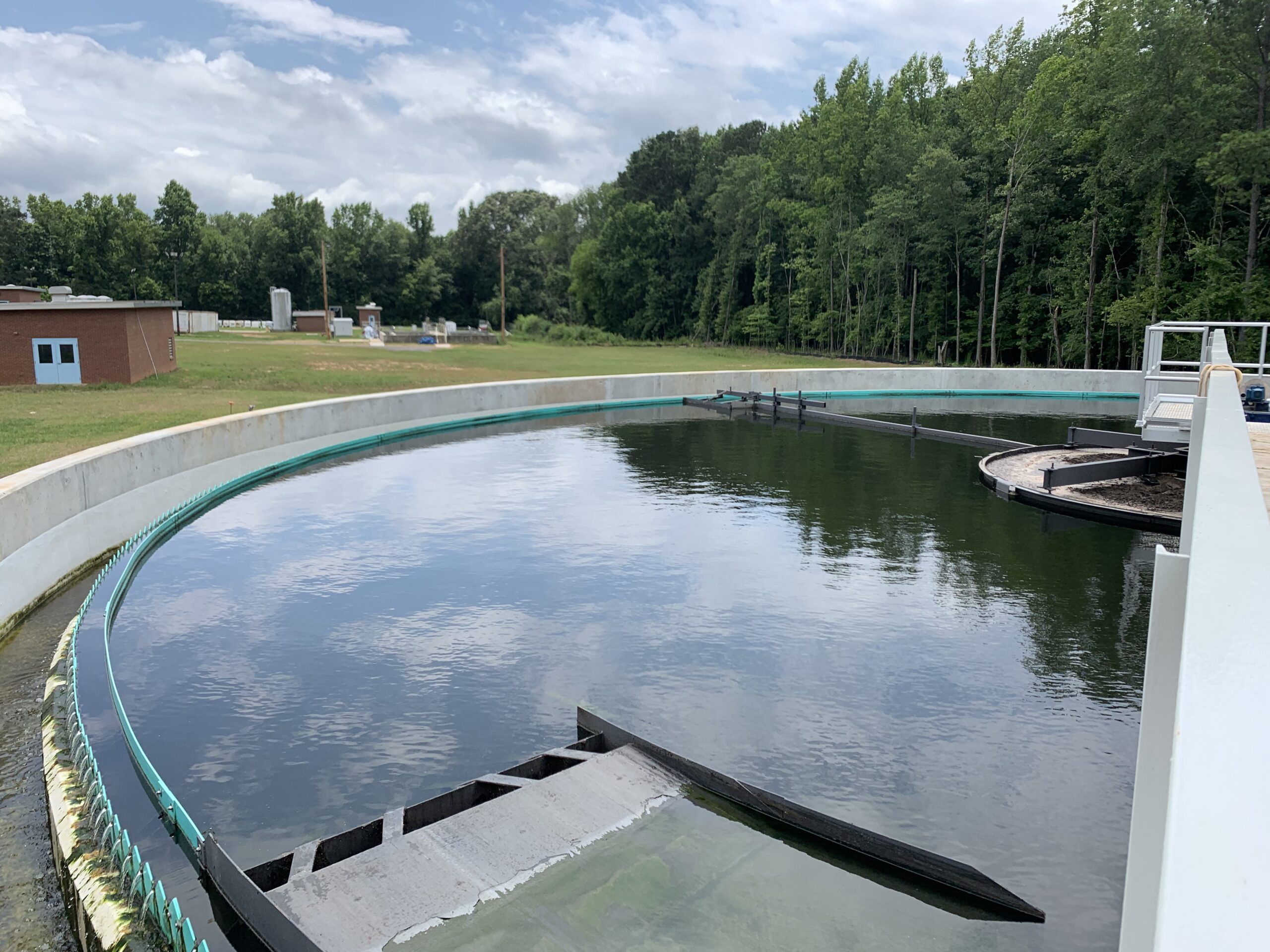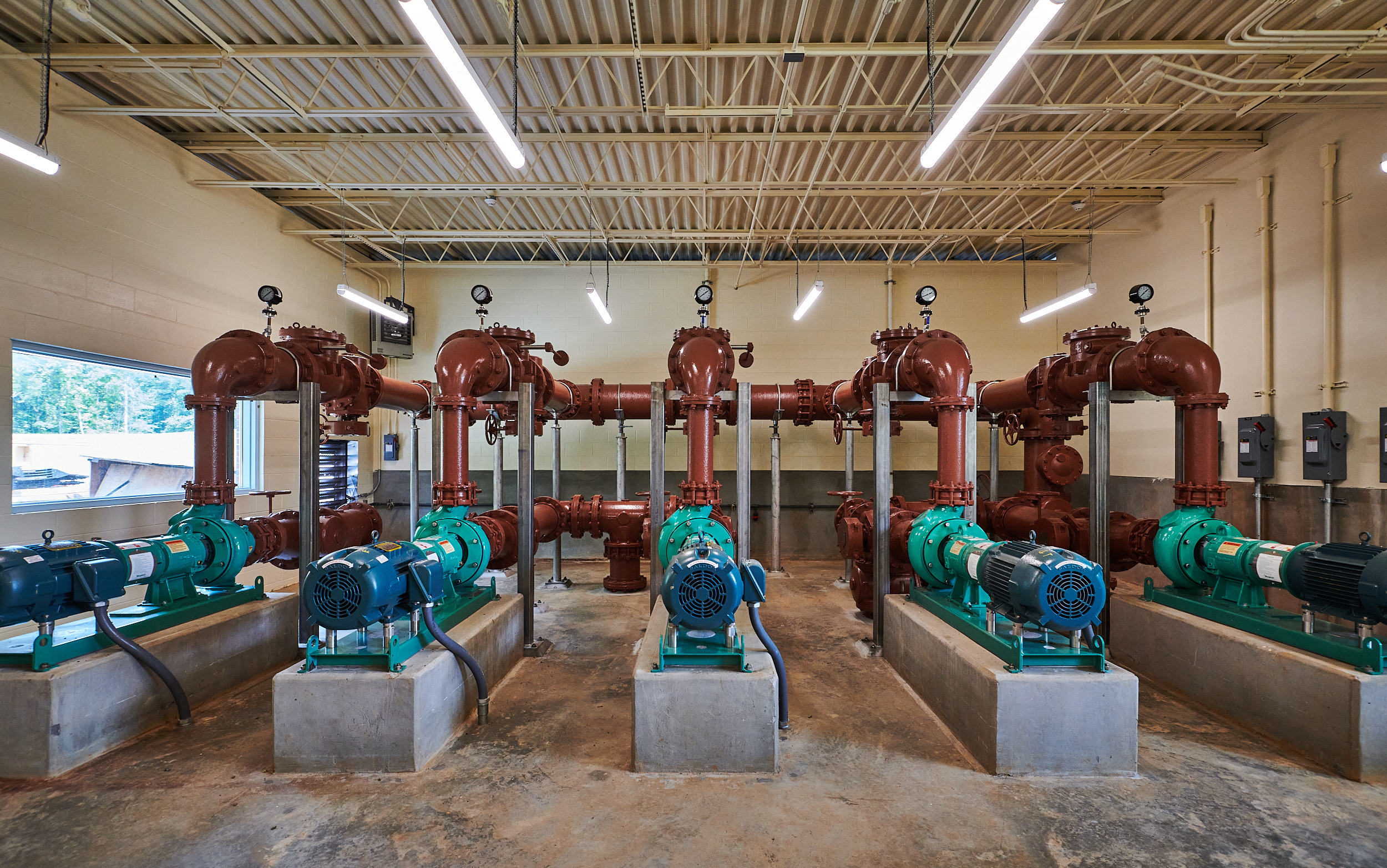The City of Fayetteville retained the service of GMC to assess the current operating condition of the Whitewater Creek Water Pollution Control Plant (WPCP) along with providing recommendation for improvements. After the inspection, upgrades for this facility were recommended by GMC to improve the treatment process efficiency and operating efficiency, reduce the life-cycle energy cost and meet the future permit limits.

The recommended improvements to the Whitewater Creek WPCP were: construction of an influent flow equalization basin splitter box, conversion of the two (2) existing SBRs to oxidation ditches utilizing a Simultaneous Nitrification-Denitrification (SND) treatment process, construction of two (2) new secondary clarifiers, new RAS/WAS pump station, tertiary filtration, restore plant reuse pump station capacity, improvements to existing aerobic digester, improvements to chemical feed systems, installation of new supervisory control and data acquisition (SCADA) system, and abandoning the existing activated sludge plant.
GMC provided engineering design, biological modeling, electrical engineering, geotechnical engineering, permitting, construction administration, construction inspection, and construction materials testing for this project. The challenger of this project is to retrofit existing basins (such as filter and SBR), at the same time to keep the existing facility operational and maintain the quality of effluent to meet the permit.

GMC is one of the most comprehensive multi-disciplined architecture and engineering firms in the Southeast.
Or email: bids@gmcnetwork.com